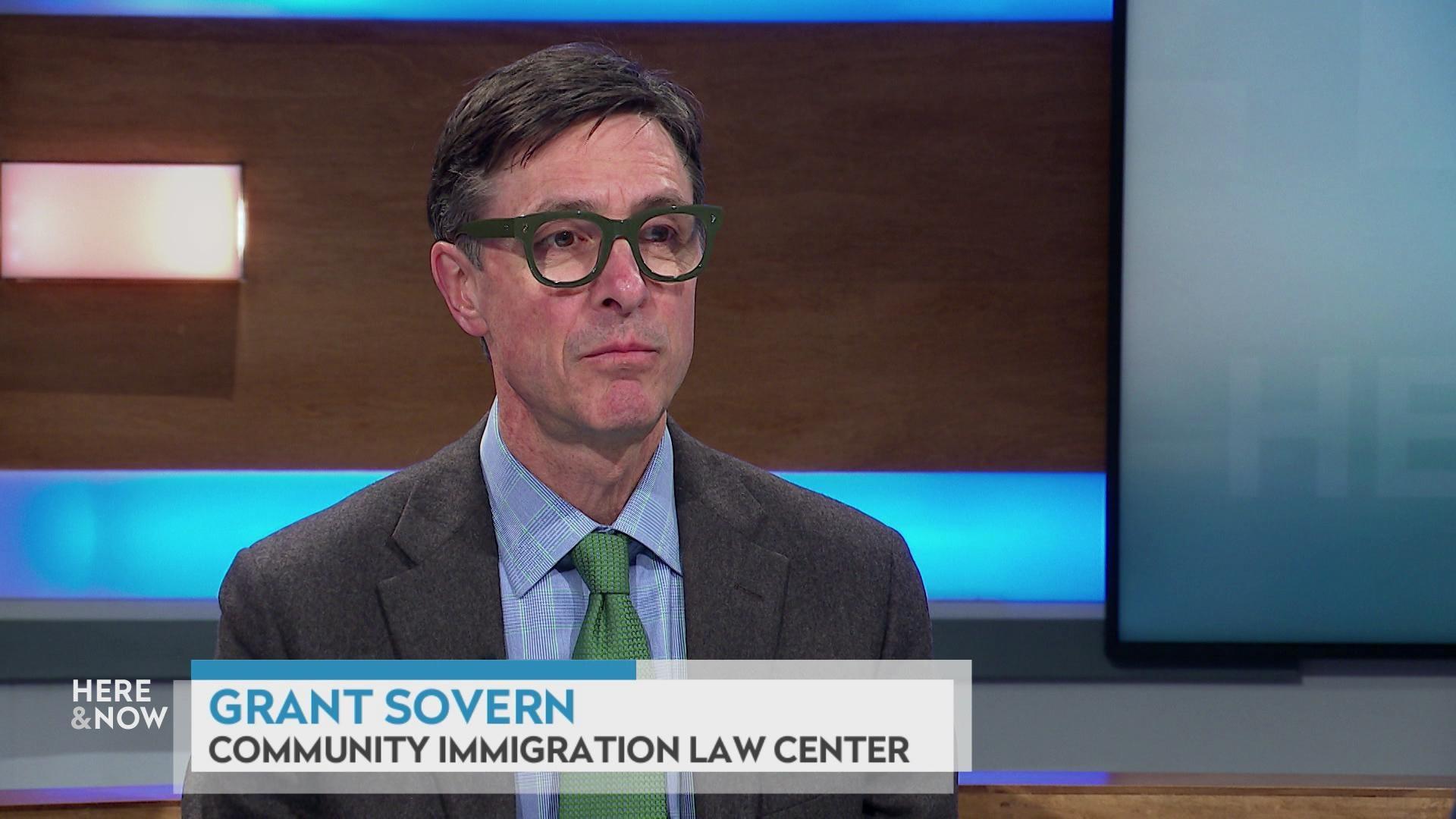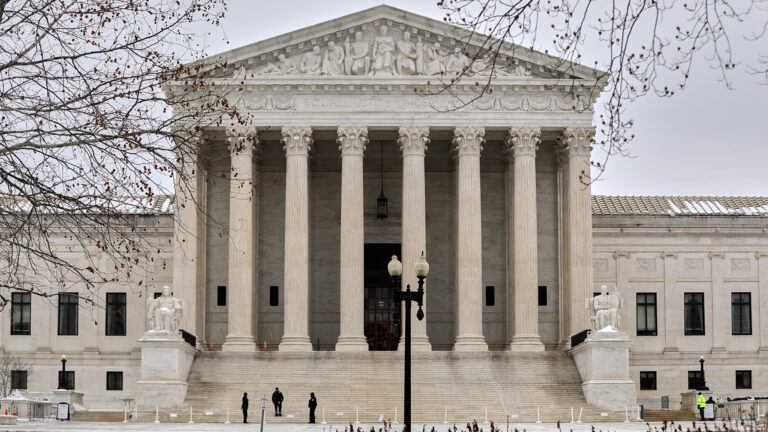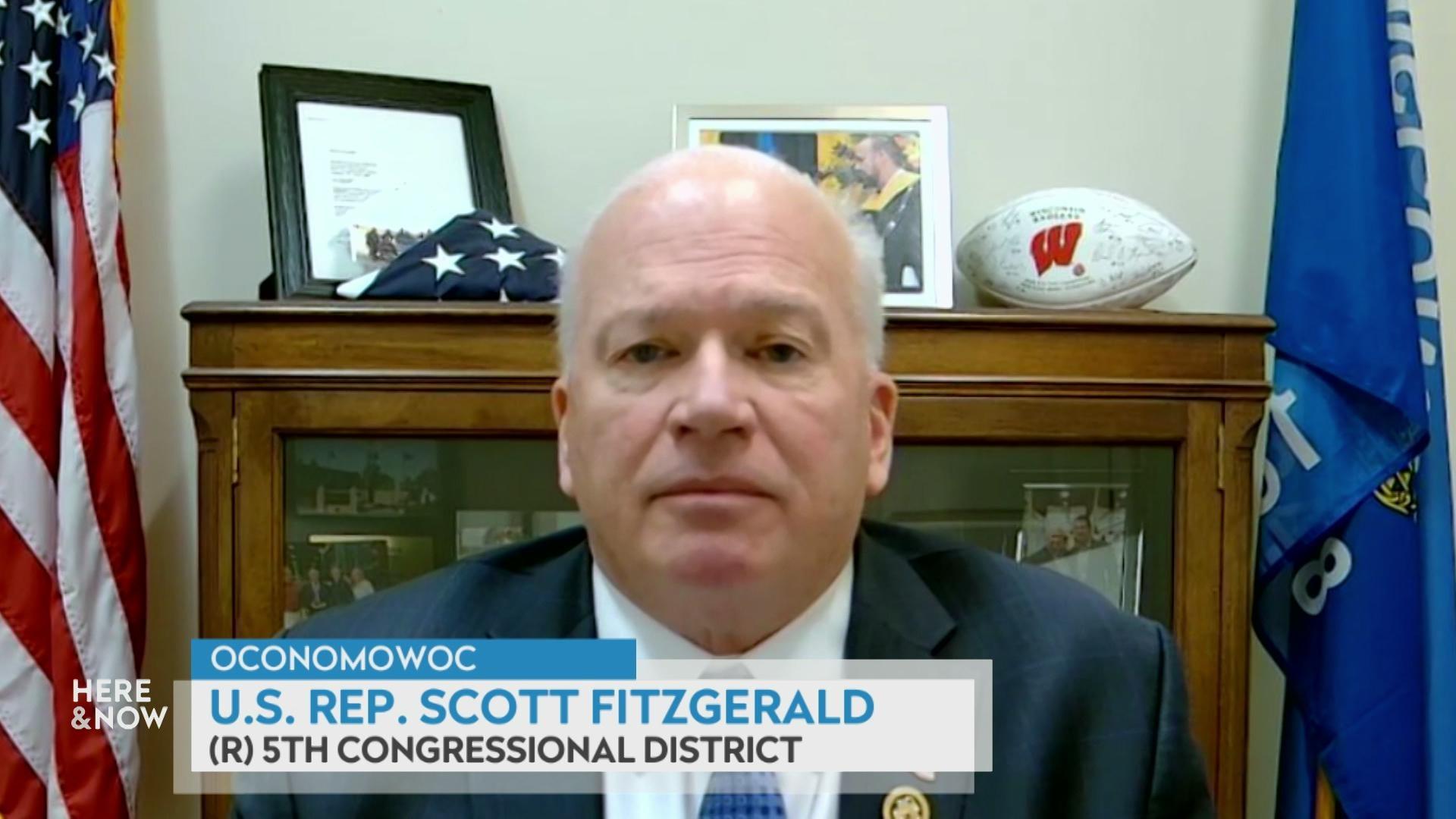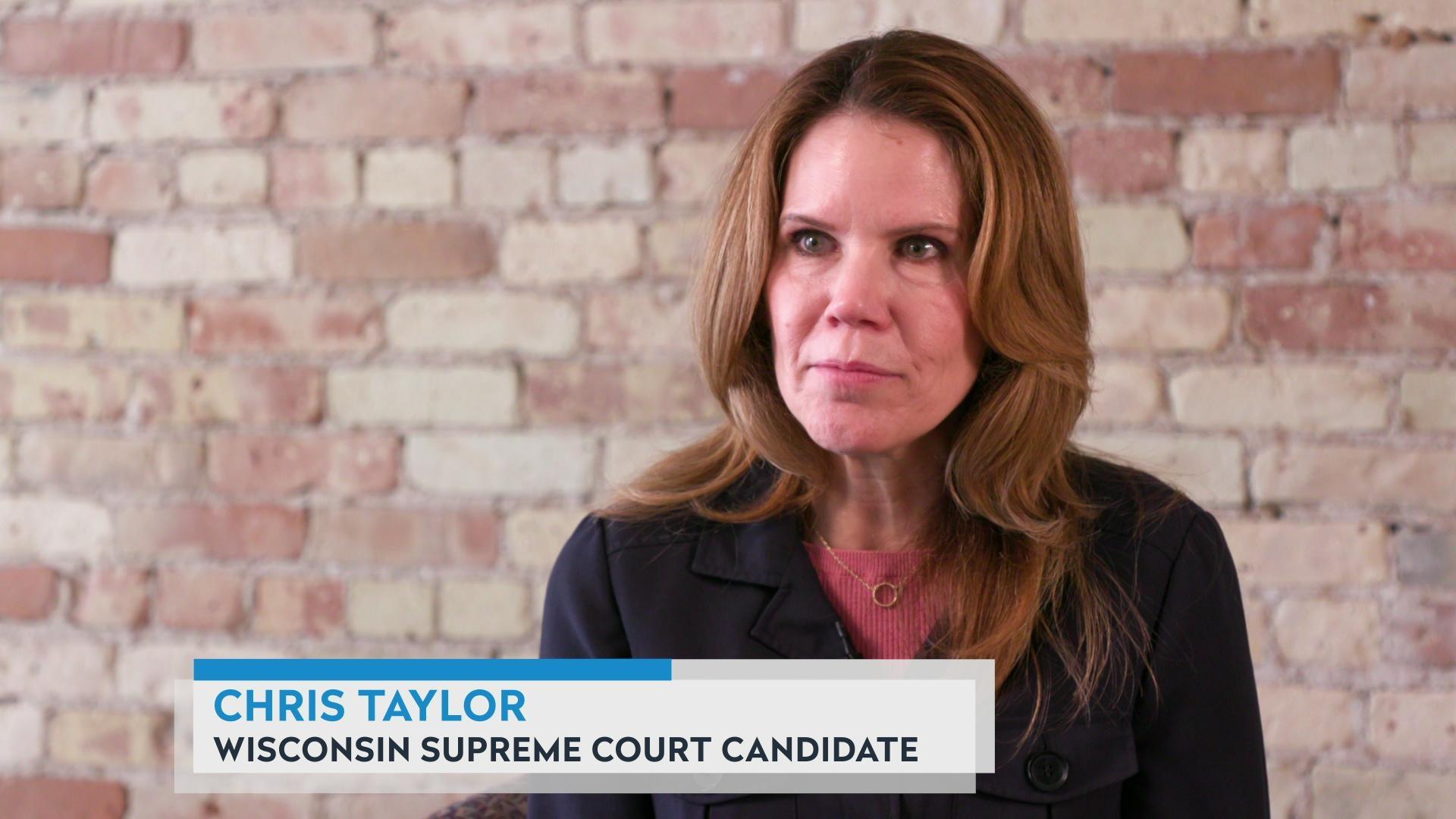Democrats, Republicans weigh in on redistricting report to the Wisconsin Supreme Court
Republican lawmakers urged the Wisconsin Supreme Court to ignore a report from redistricting consultants, while Democrats asked the adoption of one of their proposed legislative district maps.
Associated Press
February 9, 2024

The liberal-controlled Wisconsin Supreme Court is expected to approve new legislative district maps within weeks unless the Republican-controlled Legislature adopts a plan that Democratic Gov. Tony Evers agrees to sign. (Credit: PBS Wisconsin)

MADISON, Wis. (AP) — Wisconsin Republicans urged the state Supreme Court on Feb. 8 to ignore a report from redistricting consultants that determined GOP-proposed legislative maps were unconstitutional partisan gerrymanders.
While Republicans argue that the consultants’ findings are unsound, Democrats asked the court on Feb. 8 to adopt one of their maps that the consultants found were “nearly indistinguishable.”
The stakes are huge in battleground Wisconsin, where Republicans have held a firm grip on control of the Legislature even as Democrats have notched significant statewide wins. Four of the past six presidential elections have been decided by less than a percentage point, while Republicans have increased their majorities under the maps they first drew in 2011 to 22-10 in the Senate and 65-34 in the Assembly.
The liberal-controlled Wisconsin Supreme Court ruled in December that the current Republican-drawn legislative maps were unconstitutional because not all the districts were contiguous. The court ordered the parties involved in the lawsuit to submit new maps that a pair of consultants then reviewed.
With the report and responses now in hand, the court is poised to rule within days or weeks on what the new maps should look like, unless the Republican-controlled Legislature passes maps that Democratic Gov. Tony Evers signs into law first.
Republicans are talking about passing the maps that Evers proposed, which the governor indicated on Feb. 7 he would sign. Evers on Jan. 30 vetoed maps the Legislature passed that were based on his proposal but made changes to protect Republican incumbents.
Republican Assembly Majority Leader Tyler August said Feb. 8 there have been discussions with Senate Republicans about passing the Evers maps with no changes.
While those talks continue, the Supreme Court accepted responses on Feb. 8 from Republicans and Democrats to the consultants’ report. The court and Legislature are facing a March 15 deadline to enact new lines. That is the latest that maps can be in place in order for current filing deadlines for the fall election to be met, according to the Wisconsin Elections Commission.
Attorneys for the Legislature argued in their court filing on Feb. 8 that the consultants’ report was about finding a political remedy to redistricting, not addressing the continuity issue.
“There is no judicial power, only political will, to impose any of the Democrats’ sweeping redraws as a judicial remedy,” the Legislature argued.
The Legislature also hints at an appeal to the U.S. Supreme Court, saying that moving millions of voters from one legislative district to another as the Democratic map proposals would do “raises serious federal constitutional questions.”
The conservative Wisconsin Institute for Law & Liberty made a similar argument, saying adopting the reasoning of the consultants in rejecting it and the Legislature’s maps “would be an egregious due process violation.”
Republicans have also argued that liberal Justice Janet Protasiewicz should not have heard the case, given that she called the current Republican maps “rigged” and “unfair” during the campaign and accepted about $10 million in donations from Democrats. She was part of the 4-3 majority that voted to toss the Republican maps.
Evers, in his filing, said only his plan or a similar Democratic submission “will ensure that, for the first time in more than a decade, Wisconsinites are able to exercise their fundamental right to vote in districts that are constitutional, fair, and reflect the will of the people.”
Democratic senators, in their submission, urged adoption of their plan, saying it “offers the best chance for the majority of votes to translate into the majority of legislative seats. The people of the State of Wisconsin will once again be able to choose their representatives, not the other way around.”
 Passport
Passport











Follow Us